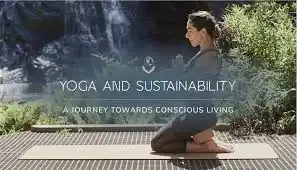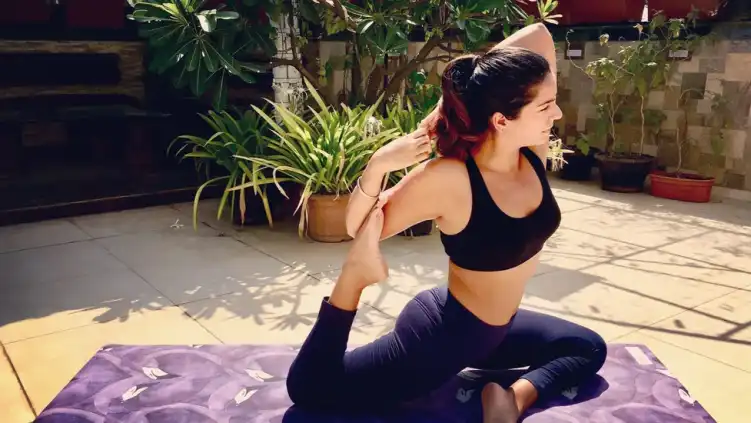Call Us:+86 17381572955
From Stretch to Strength: Tips to Progress in Your Yoga Practice
Yoga is more than stretching — it’s a practice that builds both flexibility and strength. While many beginners start yoga to increase mobility, experienced practitioners know that true progress comes from balancing yoga for strength and flexibility. In this guide, we’ll share practical tips to help you safely advance your practice.
Why Strength Is Important in Yoga
Yoga is often associated with flexibility, but research shows that it also improves muscular endurance, posture, and joint stability. Building strength through yoga:
- Protects muscles and joints from injury.
- Improves balance and stability.
- Supports better alignment in poses.
This means progressing from “stretch” to “strength” makes your yoga practice both safer and more effective.
6 Tips to Progress from Stretch to Strength
1. Engage Your Core in Every Pose
Core strength supports balance and protects your spine. Even in simple poses like Mountain or Downward Dog, gently activating your abs enhances stability.
2. Hold Poses Longer
Instead of flowing quickly, hold poses like Plank or Warrior II for 30-60 seconds. This develops endurance and builds strength gradually.
3. Add Strength-Focused Poses
Some yoga poses are excellent for muscle-building:
- Plank/Side Plank — Core & shoulders.
- Chair Pose — Glutes & thighs.
- Chaturanga (Low Plank) — Arms & chest.
- Bridge Pose — Back & hamstrings.
4. Balance Flexibility with Stability
Improving flexibility without strength may cause overstretching. Combine deep stretches with stretches with stabilizing poses to avoid injuries.
5. Use Props for Safer Progression
Blocks, straps, and bolsters help you ease into challenging positions while maintaining strength and alignment.
6. Consistency Over Intensity
Yoga builds strength gradually. Practicing 3-4 times per week is more effective than pushing too hard in one session.
Mental Strength: The Hidden Benefit of Yoga
Yoga isn’t only about physical strength — it develops mental resilience. Focusing on breath and mindful movement reduces stress and increases self-discipline, making your practice sustainable long term.
Everyday Benefits of Strength in Yoga
- Better posture from stronger back muscles.
- Improved balance to prevent falls.
- Injury prevention through stronger joints.
- More energy in daily activities.
FAQ: Progressing in Your Yoga Practice
Q1: How long does it take to build strength with yoga?
With consistent practice (3-4 times per week), noticeable strength improvements often appear within 8-12 weeks.
Q2: Is yoga enough to build muscle?
Yoga builds lean muscle and endurance, but combining it with resistance training can enhance results.
Q3: Can beginners focus on strength in yoga?
Yes. Start with bodyweight poses like Plank, Chair Pose, and Warrior II — no equipment needed.
Final Thoughts
Progress in yoga is not about mastering the most advanced poses overnight. Instead, it’s about combining flexibility, strength, and mindfulness in a balanced way. With patience and consistency, your practice will evolve from simple stretches to a strong and empowering flow.
Ready to upgrade your practice? Explore CozyActive’s yoga wear — designed for movement, comfort, and durability, supporting you from your first stretch to your strongest flow.



